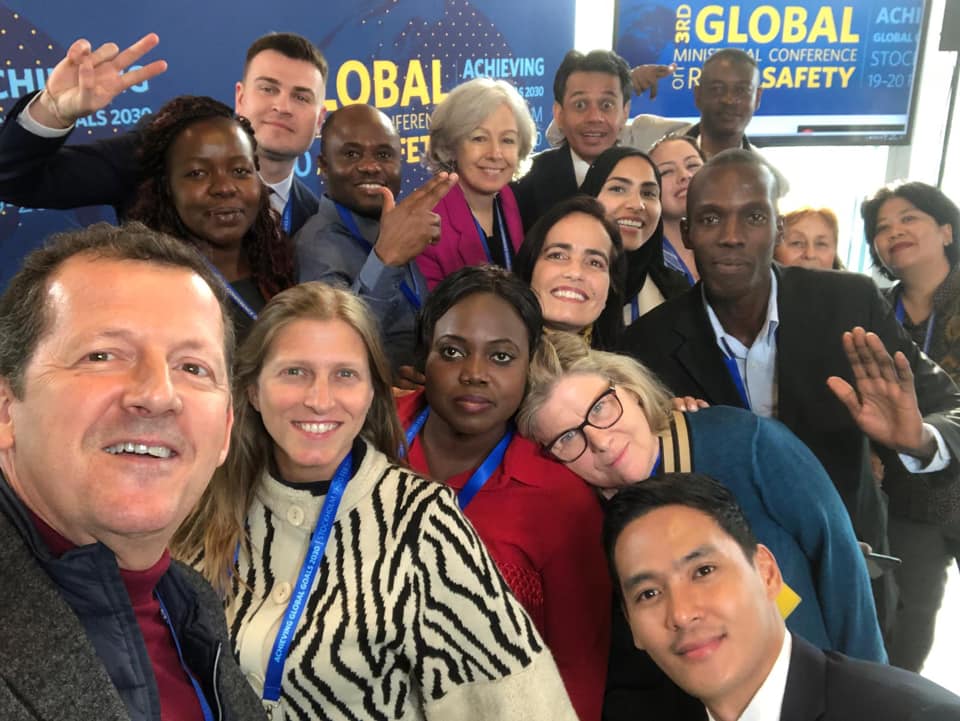From her Minna, Niger State base where she is the Correspondent of The Nation Newspapers, Justina Asishana has been selected for major international and national journalism fellowships, grants and conferences. They include:
* Fellowship to attend the Global Investigative Journalism Conference 2017
* International Centre For Journalists (ICFJ) Safety Fellowship 2018
* Dubawa Fact-checking Fellowship 2019 by Premium Times Centre for Investigative Journalism (PTCJ)
* Female Reporters Leadership Program by Wole Soyinka Centre for Investigative Journalism 2019
* ICFJ Road Safety Fellowship 2020
She shares below some of the tips that have helped her in efforts to enhance her career through the various opportunities available for interested journalists.
1) The most important thing is following all specifications laid down as conditions for the fellowships and ensuring that the application form is adequately filled with the relevant basic information.
2) Ensure that the links of the works or reports you are submitting as samples relate to the topic of the programme you are applying for. For example, for the Safety fellowship, since it was mainly about safety, I decided to focus on water safety. Since I have done some reports on drownings and accidents on water, I submitted reports on drownings and efforts of the government in curtailing incidents of drowning. For the GIJC Fellowship, I submitted some of my investigative report I have done.
3) Motivation letter that X-rays the objectives of the conference, training or fellowship you are applying to attend. The motivation letter should state how the program would benefit you, your news organization, your colleagues and what you plan to do with the knowledge you will gain when you return.
4) Your Profile and CV – always ensure they are up-to-date with the latest fellowships, training or workshops you have attended. On your Profile, you are expected to blow your trumpet. List all your awards, even that smallest one you have won, commendations you have gotten and the various groups you belong to and how you contribute to the growth of your colleagues and the profession.
4) Most often than not, some fellowships would require you submit a story idea you intend to work on during the programme. You will have to do some research on the programme and its benefits and how it works in your country. This will help you come up with a story idea which you can pitch in your application.
5) You need to be a hard-working staff and as much as possible be in good terms with your editor to get the kind of reference or letter of support that can convince the organisers about your suitability for whatever programme you are applying for.
6) Ensure your International passport is valid as no organization will select an applicant that cannot easily apply for visas that may be required to travel to some countries.
7) Pray, have faith and commit your application to God.


